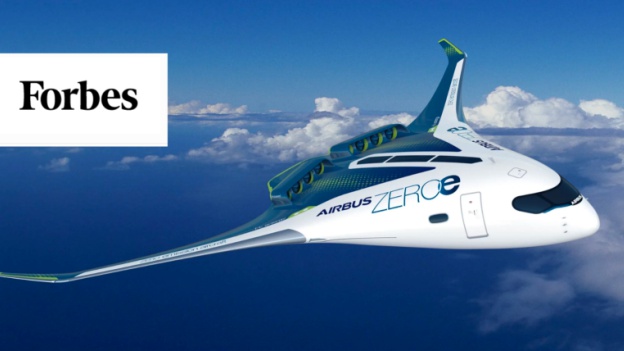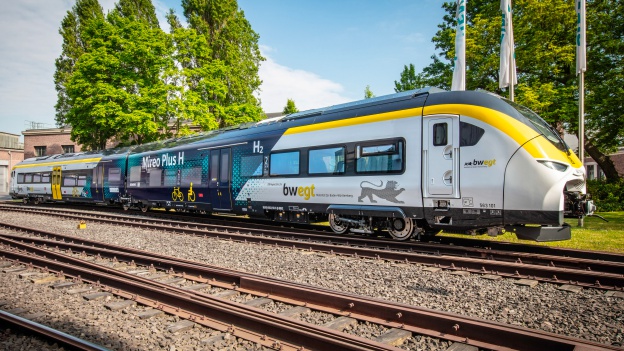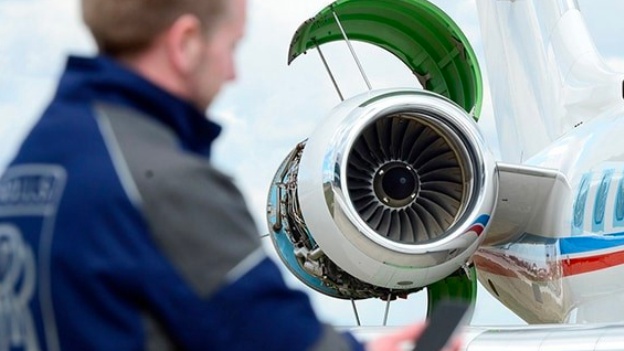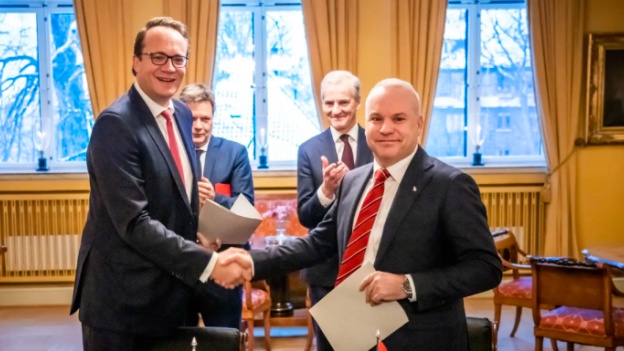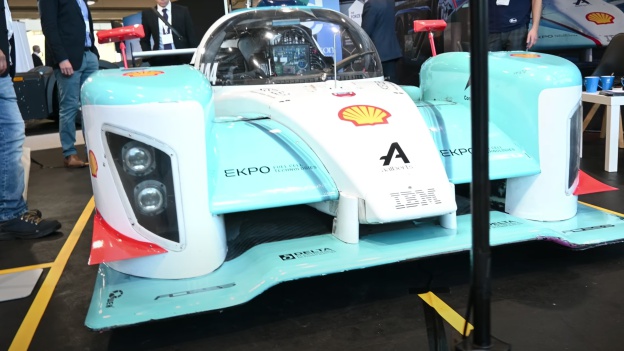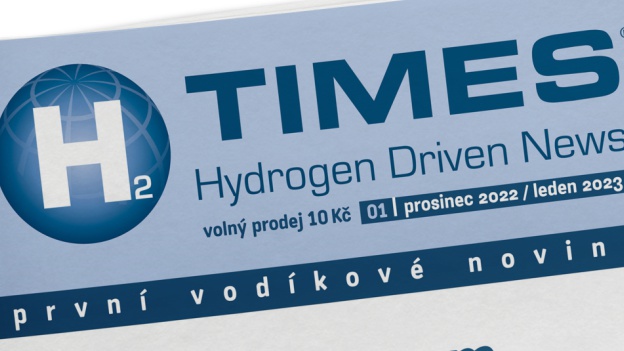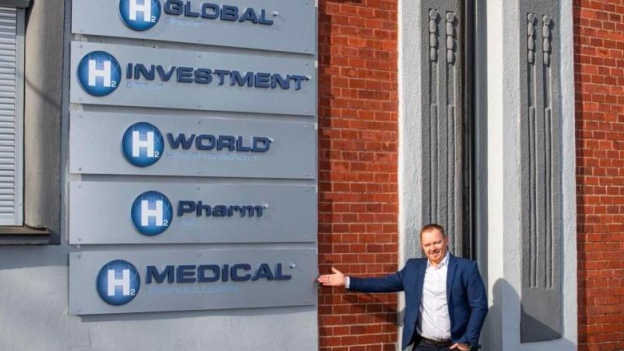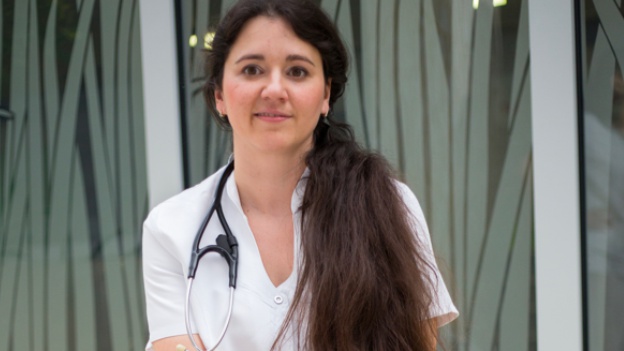Singapore's Hydrogen Cooperation Committee sees hydrogen as a fuel that may well play an important role in the country's journey to decarbonise aviation. A working group has been exploring its potential over the past two years.
The grouping was formed through a Cooperation Agreement between Airbus, Changi Airport Group, the Civil Aviation Authority of Singapore (CAAS) and Linde in February 2022. Since then, the committee has examined regional and local market demand and supply for hydrogen, hydrogen supply chain and infrastructure requirements, and potential considerations for creating a successful hydrogen ecosystem for aviation in the city-state.
The technology to use liquid hydrogen to power aircraft is currently under development and will only be applied to future generations of large commercial aircraft. The Committee's early technical feasibility study will serve to ensure that Singapore is well positioned to incorporate liquid hydrogen into its aviation decarbonisation strategy in the future.
„Stakeholders in the Asia-Pacific region are increasingly interested in making significant investments in hydrogen, developing new technologies and creating supply chains. Together with our partners, we recognise the potential of hydrogen in decarbonising aircraft operations. Hydrogen in particular could be beneficial in our transition to net zero by 2050,“ said Sabine Klauke, Chief Technology Officer at Airbus.
In the study, the committee outlined, among other things, infrastructure adaptation scenarios that could support the deployment of large-scale liquid hydrogen supply at Changi Airport in the more distant future. Singapore's aviation sector could consume up to 50 tonnes of liquid hydrogen per day from the 1940s and up to 600 tonnes per day after 2050. These scenarios assume the involvement of future hydrogen aircraft with a capacity of 100 to 200 passengers and an operational range of 1,000 to 2,000 nautical miles.
A distance of 2,000 NM from Singapore's Changi Airport would allow the aircraft to reach about 74 airports in 20 Asia-Pacific countries. However, this would necessitate the provision of hydrogen infrastructure at the surrounding airports as well.
„Hydrogen technology is still in its infancy with many uncertainties. There is a need to further explore their aspects such as operations, safety, regulation and economics,“ said Poh Li San, Senior Vice President, Terminal 5 Specialised Systems, Changi Airport Group.
airbus.com
photo source - changiairport.com












